Aviva's decision to lease its fleet from one supplier means group travel and fleet manager Ryan Coles’s team can concentrate on the bigger picture. Andrew Ryan reports
Walking into Aviva’s Surrey House office in Norwich, it is clear this is a company steeped in history.
Built in 1905 to be the headquarters for Norwich Union – now part of Aviva – its spectacular entrance hall is decked out in marble originally destined for Westminster Cathedral.
But beyond Marble Hall – one of the 12 major heritage buildings in the city – lays a modern office complex, which is also home to a thoroughly modern fleet operation.
Headed by group travel and fleet manager Ryan Coles, the team of three looks after a fleet of 771 cars in the UK and 80 in Ireland, all on contract hire agreements from LeasePlan (UK: three years; Ireland: four years).
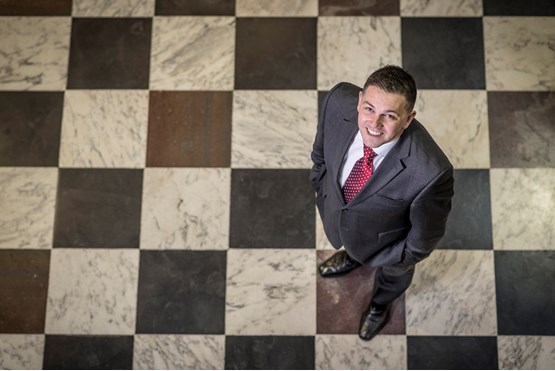
It is also responsible for all transient business travel for Aviva, predominantly in the UK, as well as the group’s corporate global travel contracts which are mainly with American Express Global Business Travel.
“Moving to American Express as a travel management company enabled us to implement an awful lot of digital and technology solutions rather than it being more human-interaction based, and we are doing a similar thing with our fleet now,” says Coles.
“We have rolled out apps from LeasePlan and RAC Telematics. LeasePlan Drive allows our drivers to book everything they need to do via the app, whether it’s breakdown recovery – there are GPS locators to help give your exact location – or tyres.
“The RAC telematics app is a replication of the online dashboard, so drivers can go on and toggle their journey between business and private mileage, run reports and have a look at their own driver behaviour.”
Aviva’s partnership with LeasePlan, which it extended in Q3 2016, has enabled it to streamline its fleet operations, says Coles. The leasing company looks after the day-to-day functions, as well as services such as accident management, breakdown and vehicle rental.
READ MORE: ‘We never had a single driver fatality’, says former British Gas head of fleet Colin Marriott
“We’ve built up a really good relationship with LeasePlan and this has allowed us to have a much smaller, more focused contract management team within Aviva,” he adds.
“It allows us to focus on the right elements of delivering a holistic and complete service solution rather than having to get involved in the nitty-gritty day-to-day workings, because that’s what we employ LeasePlan to do.
“It’s using the expertise within our supplier and strategic partner base. We manage that contract to allow them to get on and do what they do best and we do what we do best.”
Coles cites one example of having access to that knowledge pool within LeasePlan: “If a vehicle is going to be off the road for a long period of time, rather than stick its driver in a hire car we can give them a vehicle from the reallocation pool, saving us money.”
He adds: “It also gives us the visibility of total off-road costs, off-road time and – with the metrics that come through in our monthly and quarterly reviews – it allows us to identify any hotspots, whether it is a particular service within that contract or whether it is a particular driver who has suddenly become more high risk.
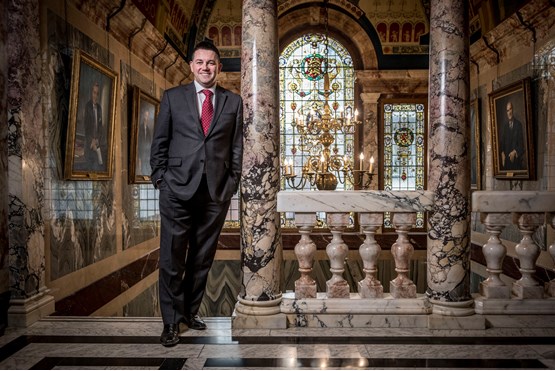
“There’s always the saying that you should never put all your eggs in one basket, but we took a gamble on a proposal five or six years ago about bringing it all in together, and it’s worked really well.”
Coles has also overseen the challenge of amalgamating another fleet into the operation after Aviva agreed a £5 billion takeover of Friends Life in December 2014. The pensions company had employees on a cash allowance programme.
“We didn’t want to put anybody at a disadvantage, so it was a case of working with individuals and group HR because if an employee was on a cash allowance with Friends Life, it doesn’t mean they met the requirements of the criteria to be on a cash allowance or to move on to the company car programme here,” says Coles.
“It worked seamlessly. It was obviously a very emotional time for our Friends Life colleagues who were coming across to Aviva, but I’d like to think we made it as easy as possible.”
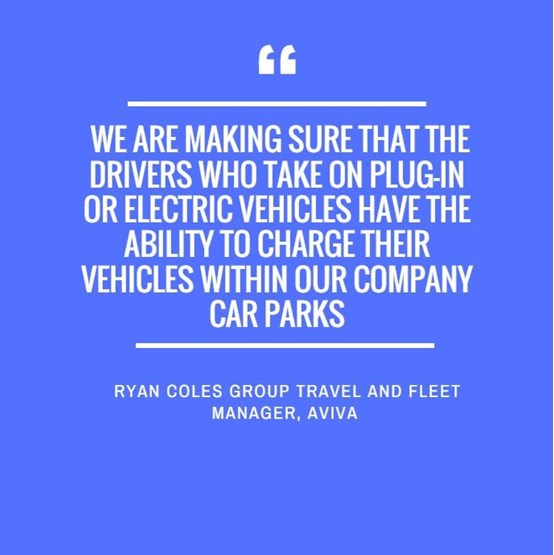
Certain staff grades, such as ‘heads of’ are entitled to a cash allowance, but Aviva’s company car drivers are all essential users, such as engineers and insurance assessors, and have access to seven “high-mid to high-end” manufacturers on the choice list, says Coles.
This helps Aviva in two key areas: staff recruitment and retention, and the safety and security of employees.
“The brands we offer are at the top end of driving plug-in hybrid and full-electric technology, autonomous emergency braking, adaptive cruise control: all of those things that are ways of helping to safeguard our drivers who are doing a lot of miles,” says Coles.
“It’s also good for staff recruitment and retention. Financial services and insurance is a cut-throat business.
“We’ve got some pretty good brands on our company fleet, so you would like to think that if one particularly good candidate was looking at ourselves and another potential employer and it comes down to the benefits package, then the options they have within our company fleet programme is something that will sway them.
“Also, if it is an existing employee and they are unsure if they still want to be here, they can think ‘do you know what, I might be having a bad day, but when I look at my salary, my work-life balance, my benefits, the company car package, maybe things aren’t so bad’.”
Despite having a CO2 cap of 130g/km on new car orders, the average CO2 emissions of Aviva’s UK fleet is 106g/km, with Ireland at 114g/km.
This is set to drop further, as more than 50% of new car orders are plug-in hybrids, with the fleet team working to make sure they can be utilised correctly.
Twenty electric vehicle charging stations have so far been installed at six key office locations, and Coles says his team is working hand-in-hand with facilities management to ensure coverage matches the locations of plug-in hybrid – or full electric – car drivers.
“We are making sure that the drivers who take on plug-in or electric vehicles have the ability to charge their vehicles within our company car parks,” he adds.
“We are a carbon-neutral company so we offset our emissions. Anything we can do to bring down our CO2 levels and help to make a reduced payment is good for our shareholders, it’s good for reinvesting back into the company and is good for our growth plans.”
Coles says the company car policy also helps Aviva’s focus on staff safety.
“Whether our employees are using vehicles that have got market-leading safety systems, or through using reputable hotels and airline partners booked through our travel management company, our focus, regardless of whether it’s fleet or global travel, is on safety and security,” he says.
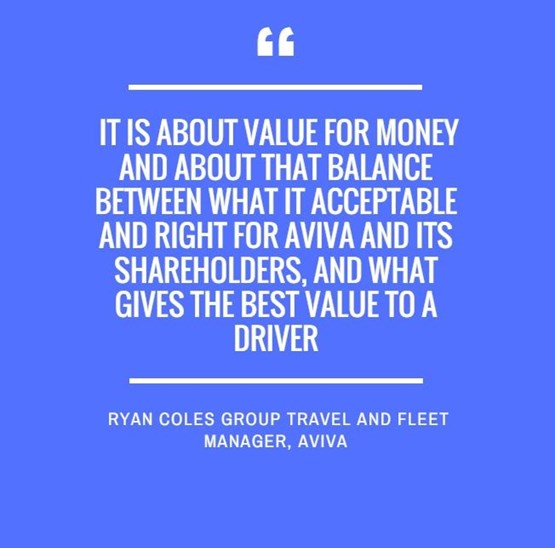
“However, you have to balance that against the cost to both the business and to the individual, particularly in light of the changes to the company car benefit-in-kind charges and NIC company liability as well.
“Those two work hand in hand: safety and security, along with the cost to the business.
“There is a mantra within Aviva that you treat the company’s money as if it was your own.
“That’s been going round for many years and you do see that people are very wary about what they are spending the money on and making sure it is for the right reason.
“This also boils down into their personal choices when it comes to their company car because they are looking at ‘if I am doing 20,000 miles, is a 1.6-litre petrol any better for me than taking a 2.5-litre diesel?’.
“It just goes down to the fact that it is not about being low cost. It is not about being cheap. It is about value for money and about that balance between what it acceptable and right for Aviva and its shareholders, and what gives the best value to a driver.”
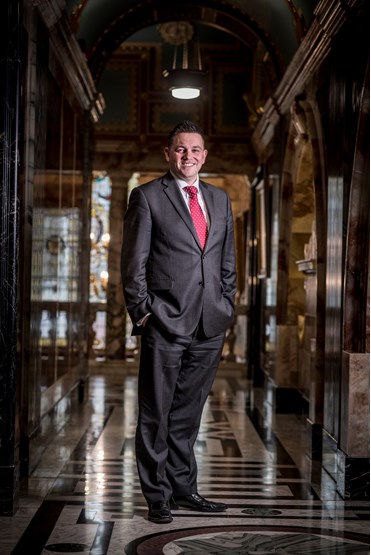
To travel or not to travel – that is the question
Trust forms an important part of the relationship Aviva has with its employees, and they are able to make their own decisions on how to travel to meetings and appointments.
“There has been a huge investment within Aviva on internal meeting rooms and Skype, so our first point of direction would always be ‘do you really need to travel?’,” says fleet boss Ryan Coles.
“Is it an internal meeting that you could do through Skype? Is it external? Can you car share? If you are going from Norwich to London, we are linked in with Trainline and some of the train operating companies to make it easy for staff.
“We also have a ticket machine on site so you can print tickets here, but the travel choice is down to the individual.
“If three of you are going down to London, from a travel point of view is it better that you all get in a car and travel down together and save a lot of money, but if it means you are getting in the car at 5am we’d much rather the three of you are on a train.
“This goes back to believing that everybody is going to do the right thing, and giving them the right tools to do that.”
READ MORE: How Royal Mail’s fleet director Paul Gatti saves money while making money




















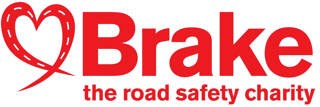
Login to comment
Comments
No comments have been made yet.